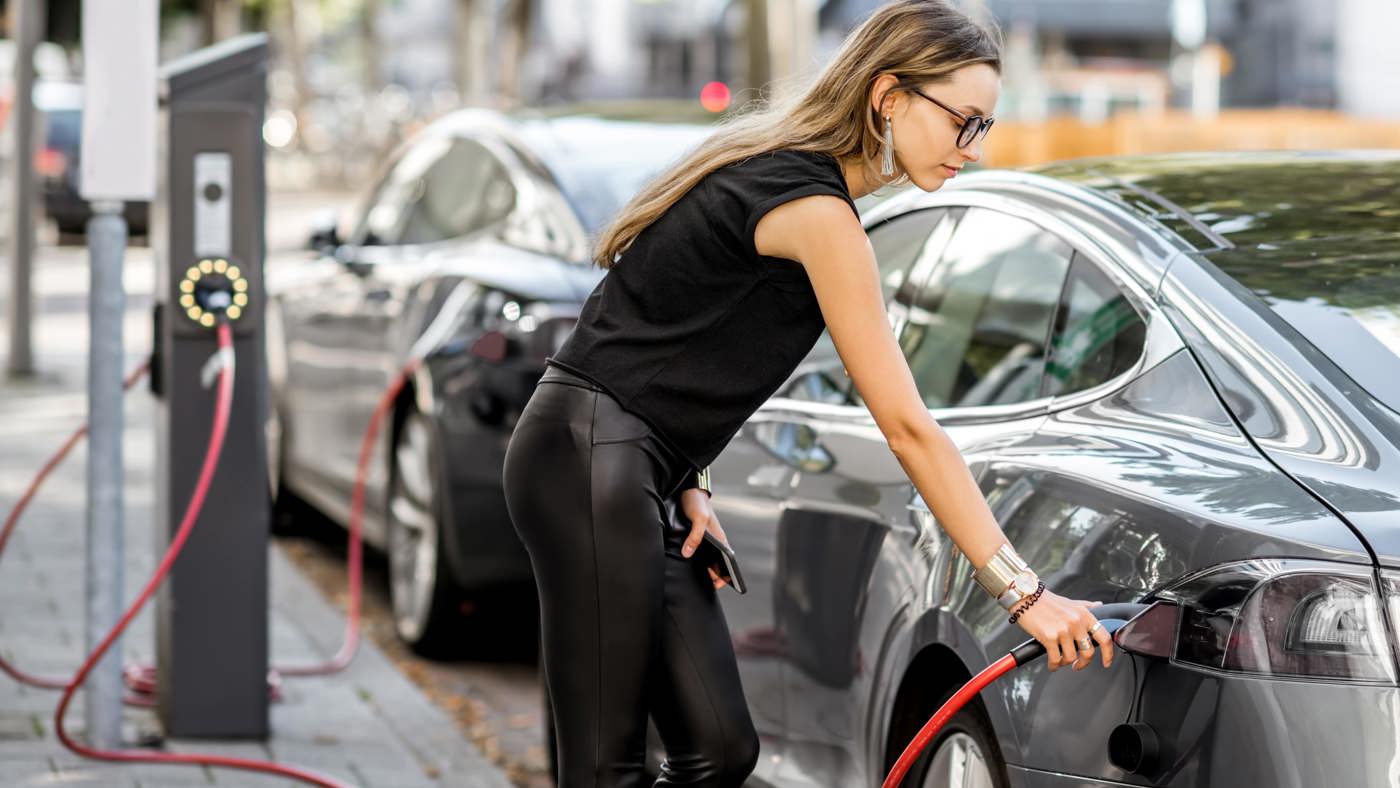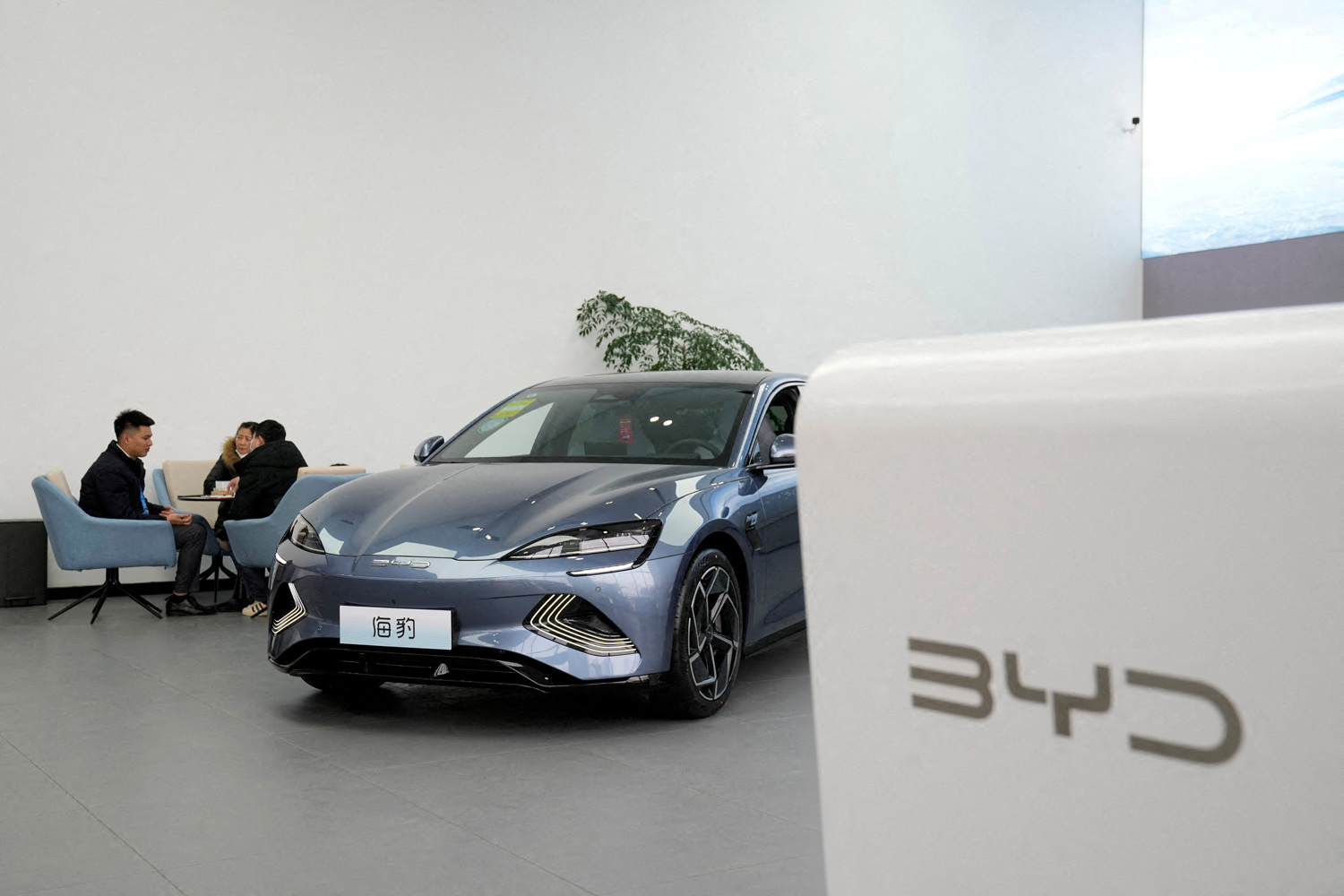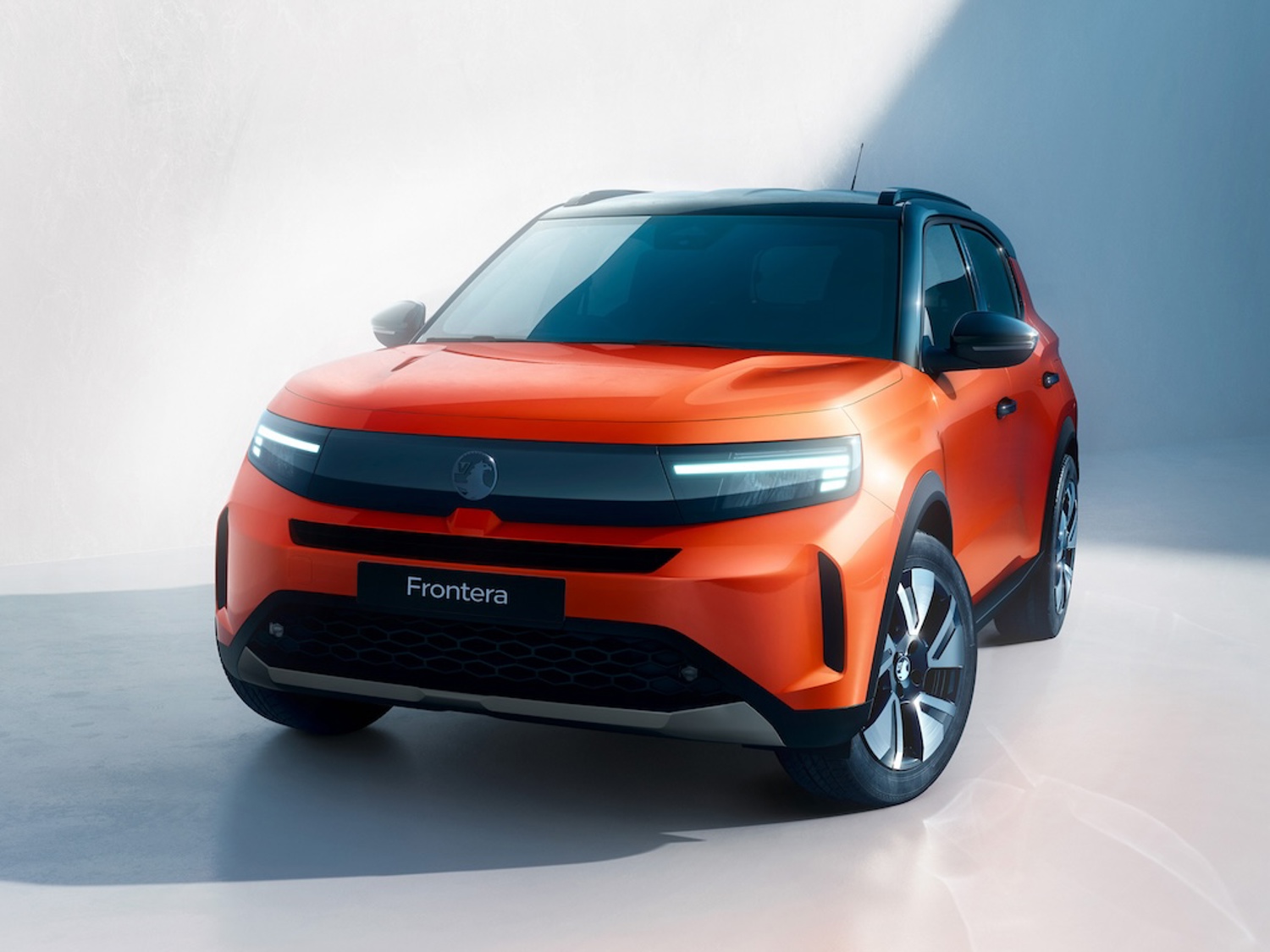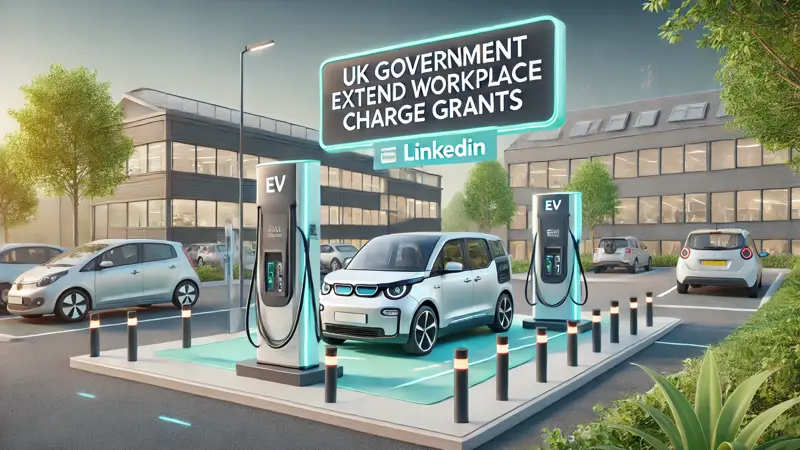
EV News: 'Trade War' Latest, and ICE Price Parity
Canada to impose 100% tariff on Chinese EVs
The ongoing EV ‘trade war’ between China and several Western nations has seen significant developments recently.
It began with the United States imposing a 100% tariff on all EVs manufactured in and imported from China, setting a tough precedent. The European Union followed with its own steep tariffs, although they stopped short of the 100% imposed by the U.S.*
Now, we’re seeing the pressure on Chinese manufacturers rise as Canada has added itself to the growing list of countries to up its important tariffs on EVs from the country in recent times.
Explaining the move, Canadian Prime Minister Justin Trudeau said it was undertaken due to a desire to “transform” Canada’s automotive sector into a “global leader in building the vehicles of tomorrow”. He accused China of having “chosen to give themselves an unfair advantage in the global marketplace”, citing their use of government subsidies to boost production.
The new plan also includes a 25% duty on Chinese steel and aluminium by Canada.
The duties on Chinese EVs will come into effect in just over a month on 1 October, with the steel and aluminium duty following shortly after.
Speaking about the news, a Chinese Commerce Ministry spokesperson said it would “seriously undermine” the global economic system and trade rules, and “urged” Canada to “immediately correct its erroneous practices”.
In response to the growing tariffs, major Chinese manufacturers like BYD have begun shifting production to countries like Turkey, possibly to sidestep these trade barriers and maintain their competitiveness in international markets.
While governments push these tariffs as a way to protect and grow local industries, critics argue that the real losers will be consumers. The tariffs are expected to raise the price of affordable Chinese EV imports, making it more expensive for drivers to switch to electric vehicles.
Iain Herd, co-founder of EV Cables, said the move was a “double-edged sword”.
Herd said:
“On one hand, this tariff might encourage local manufacturing and innovation within North America’s EV ecosystem, potentially increasing demand for locally sourced components, like our advanced charging cables.
“On the other hand, such tariffs could lead to a short-term increase in costs for consumers and potentially slow down the adoption rate of EVs if the market relies heavily on imported models or components from China. However, in the long run, this could foster a more robust, self-reliant North American EV market.”
Whether these tariffs will dampen the growth of Chinese EV brands or ultimately strengthen domestic industries in Western countries remains to be seen. With global demand for electric vehicles surging, the outcome of this trade war could reshape the industry for years to come.

New EV launches at same price as ICE equivalent
In what Vauxhall say is a first in the UK for any car manufacturer, its new Vauxhall Frontera crossover will have the same starting price for the electric and hybrid models, with both starting at £23,495.
The price parity achieved is an important milestone, dispelling the once-true fact that all EVs cost more to purchase than their petrol, diesel, or hybrid equivalents.
The price equality remains across the Frontera range, even on the higher spec ‘GS’ trim.
With the equal price for each car, no doubt EV manufacturers and those within the industry will be watching closely, to see which powertrain performs the best when it comes to sales figures.
With this move from Vauxhall, it’s only a matter of time until another manufacturer offers the same pricing strategy – which could come from within the wider Stellantis group, considering that Vauxhall has proven it’s possible.

EV owners paid for charging at home in landmark trial
A new scheme run by home charging provider Ohme has made at-home EV charging even better for your pocket, with trial users being paid to plug in.
The CrowdFlex energy trial ran for three months between May and July, with drivers asked to plug their electric vehicles in whenever they are parked at home.
By doing so, they earned rewards when plugged in as any pre-set charging schedule was unaffected, meaning motorists were guaranteed enough charge whenever they needed to leave.
The trial found that 80% more customers plugged in their electric vehicles during the day, and 50% more overnight.
Ohme said the study helped provide insight into grid services, including shifting electricity consumption outside peak demand.
David Watson, CEO of Ohme, described the trial as "encouraging" and the company saw a "very positive response rate" from drivers wanting to take part.
He added: “Grid flexibility services are estimated to be able to save consumers £10billion per year in energy costs by 2050, so it was great to be able to reward our customers for plugging in more and being a key driver of that flexibility.
"All they had to do was park up, plug in, and let Ohme take care of the rest.”
Ohme is also planning to run a similar CrowdFlex trial in the winter, although this will run for a longer duration from September to April.
It will also involve more Britons participating and rewarded for their charging behaviour by plugging in whenever they’re parked on their driveways.
That's all from us in this week's EV news round-up! As always, make sure to check out our socials and other blogs/round-ups to stay up to date on the latest in EV charging.


